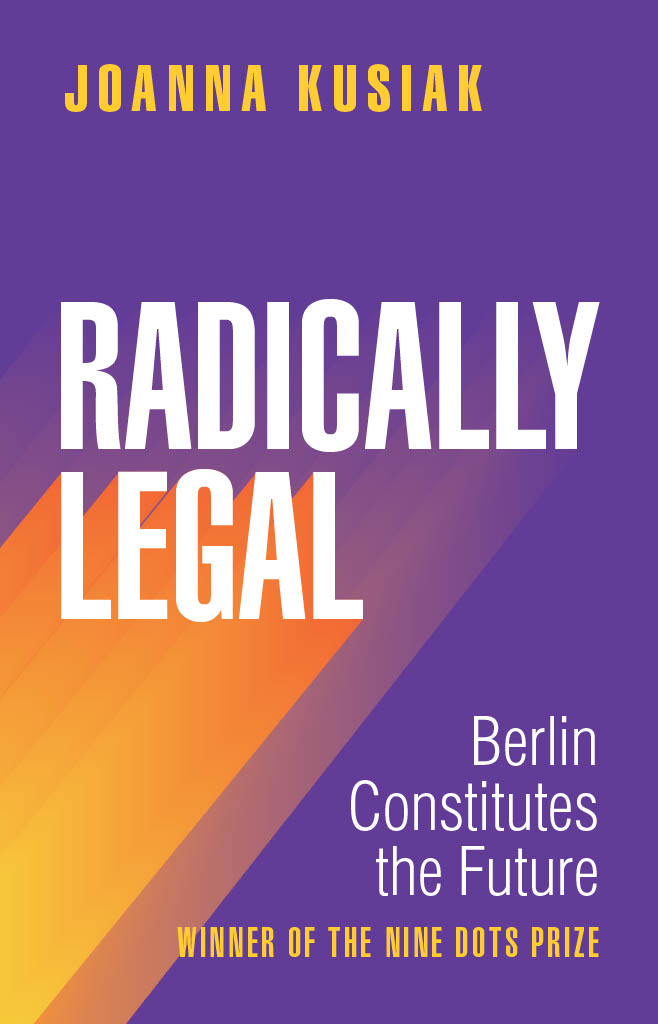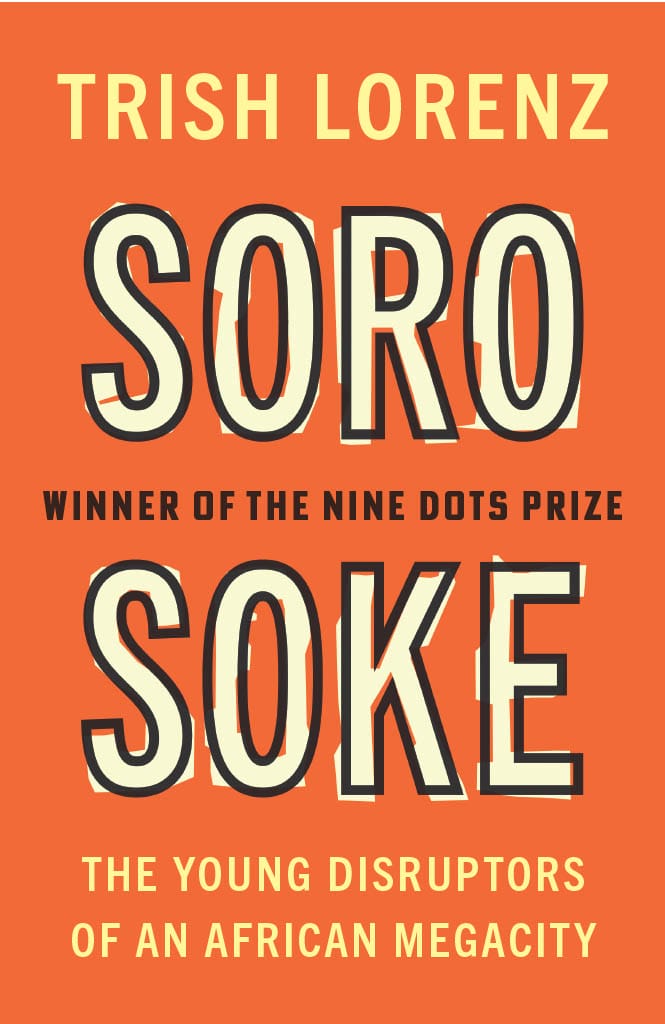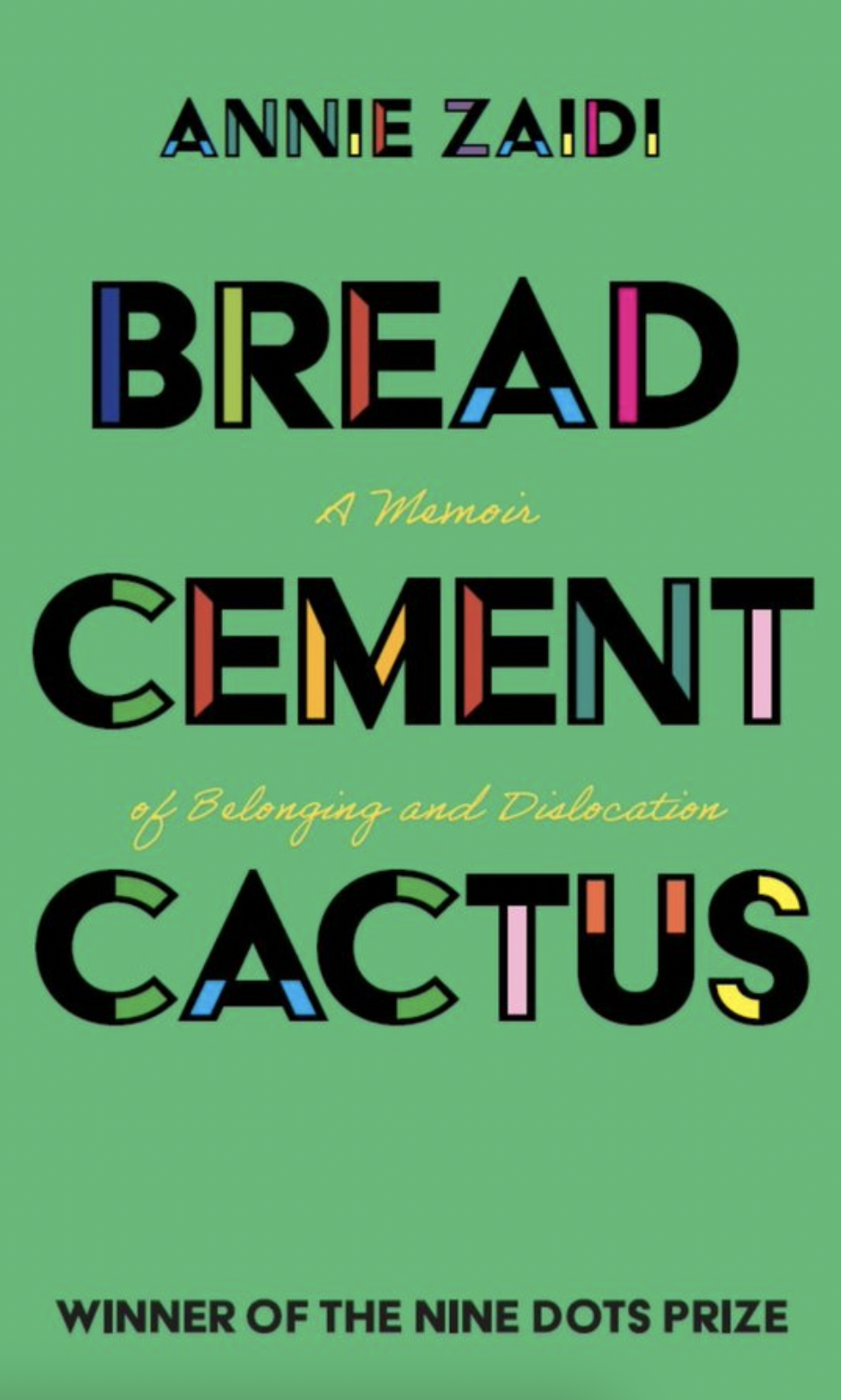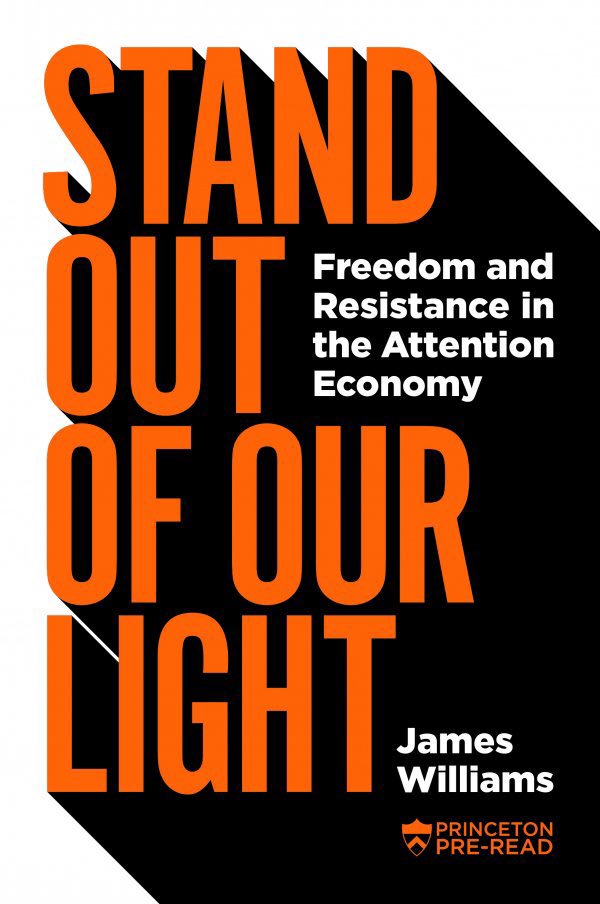Extract from ‘Bread, Cement, Cactus’
29 May, 2019
Annie Zaidi won the Nine Dots Prize 2019/2020 with her entry ‘Bread, Cement, Cactus’. Here is an extract from Zaidi’s 3,000-word response to the question ‘Is there still no place like home?’:
In Muhammadabad, a mofussil village struggling to morph into a town, we trace fourteen generations. The uncle who told me this is now gone. Fifteen generations, then.
I fight with my mother: We don’t come from this! You came from cities like Lucknow and Delhi, from secularism and cosmopolitanism, from an English-medium education. You wore breeches and rode horses!
Mom counters: Daddy said never to forget our roots. Over all protest, she builds a morsel sized house there.
Within the walls of our large ancestral house, several branches of the family have built individual units. It wears a deserted look around the year but comes alive during the month of Moharram. Shia families across the state return to ancestral homes, especially the first ten days, to mark the tragedy within which all tragedies are meant to be subsumed – the martyrdom of Imam Hussain and the slaughter and devastation that visited his clan in Karbala. Individual grief is folded into an unending sorrow that connects you to the community.
Last year, we went to a neighbouring village where my great-grandmother was born, and where my great-grandfather is buried. Mom’s cousin pointed out the exact spot and said, “You all should put up a stone with his name on it. Our generation is the last one that remembers who is buried where.”
I felt myself bristle, then heard myself declare that I would pay for the stone and the engraving, if nobody else would. It was a curious reaction. Why should it matter to me? Is this what they call, “the call of blood”?
Mom says, wherever you can trace your bloodline, that place is yours. Yours as much as anybody else’s. By that measure, the province of Uttar Pradesh is flecked with my blood. Not just Uttar Pradesh, not just India. Pakistan too. My father’s side of the family came from that side of the border. Their traditions, their connection to the soil were lost when the country was carved up in 1947.
The border is something of an actual bloodline. Partition along religious lines shattered the Indian Subcontinent and nobody is allowed to forget. The wound of millions being killed and displaced is scratched raw every few years. Three wars, constant accusations of cross-border infiltration and terrorist activity. India and Pakistan do not give each other tourist visas. I’ve had brows raised at the post office when I tried to send books to friends across the border. When citizens critique governments, they are accused of being ‘ISI’ or ‘RAW’ agents, the respective spy agencies of Pakistan and India. In India, there is a new trend of rebuking all critics of the government and its policies thus: Go to Pakistan!



